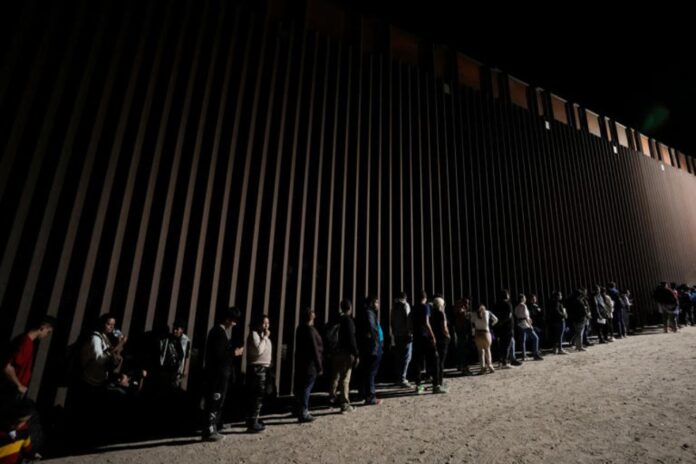It’s no secret that immigrants in the U.S. are facing a lot of uncertainty these days. Political analysts say things could get a lot trickier once President-elect Donald Trump takes office, with many expecting him to toughen up asylum and border rules.
But before Trump takes the reins, President Biden is making a move to help around 1 million immigrants by extending their legal stay in the U.S. for at least another 18 months. This extension is part of something called Temporary Protected Status (TPS), which is granted to people from countries that have been devastated by war or natural disasters.
Countries like El Salvador, Sudan, Ukraine, and Venezuela are among those whose citizens benefit from this protection. Political analyst Barrett Marson says, “President Biden is doing what he can to protect groups with very legitimate asylum claims.”
With just over a week before Trump takes office, things are in flux. While many fear a crackdown on immigration, Marson believes we won’t see mass deportations immediately after Trump takes office on January 21st. “Incoming presidents can remove TPS, but it’s never been done before,” he notes. In fact, even the Trump administration previously tried to reduce the program without success.
Some Republicans have criticized TPS, saying it’s been extended for too long. But Marson believes the Democrats are listening to what voters want, which is action on immigration reform. “Many voters are calling for tighter laws,” he says, “and Democrats didn’t address this enough in the polls this year.”
Marson adds, “Here in Arizona, we know this issue very well. A lot of farms rely on immigrant labor to harvest crops.” But if policies change under Trump and mass deportations happen, there could be ripple effects across the economy.
“Think about higher prices at the grocery store, restaurants, and even hotels,” he says. “If businesses have to find a new labor force, it could drive up costs. People may not like the higher prices, but if they want stricter immigration laws, that’s the price we might pay.”
It’s also worth noting that the Department of Homeland Security can revoke TPS, but they have to give at least 60 days’ notice before making any changes.
The future of immigration is still up in the air, and things could change quickly. As always, it’s important to stay informed and ready for what’s to come.





